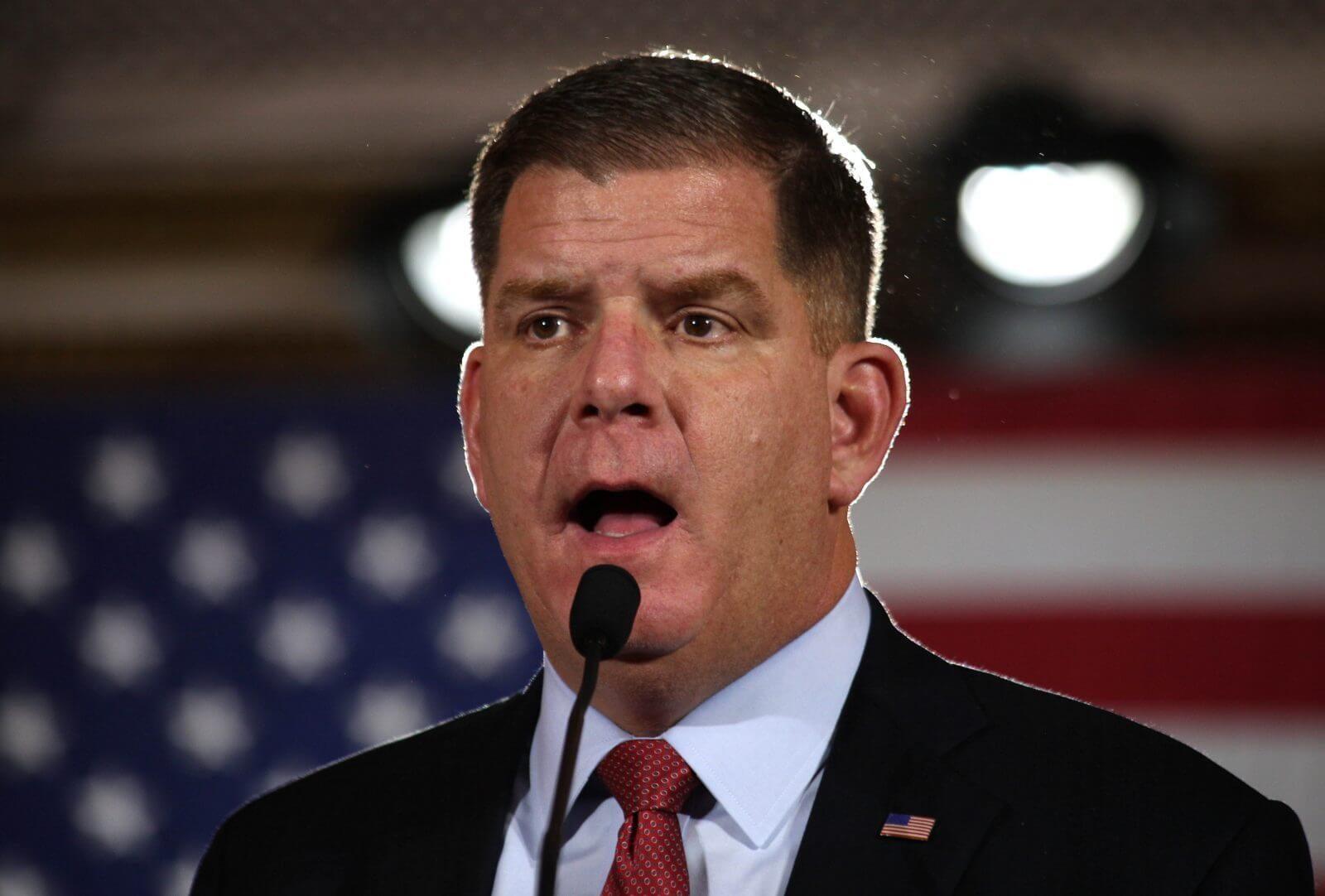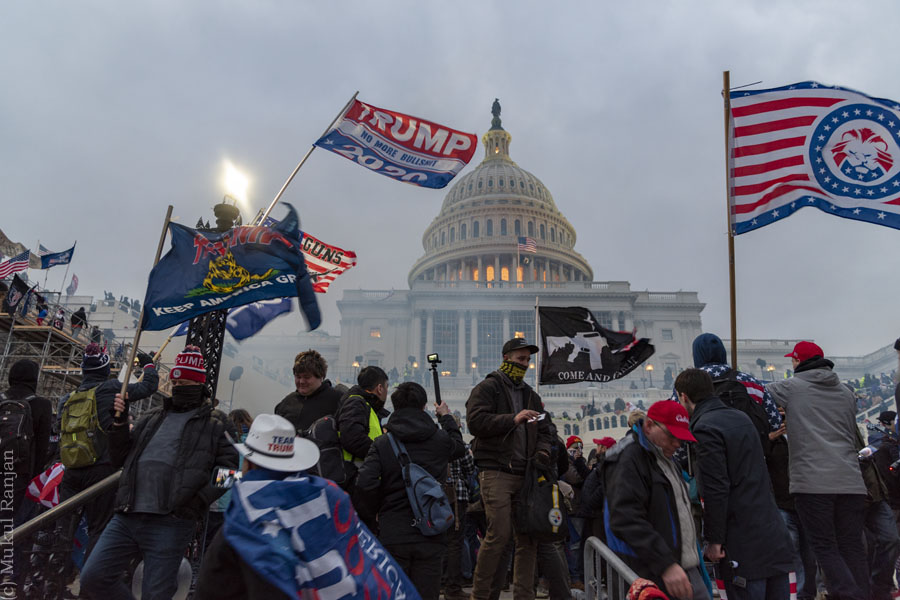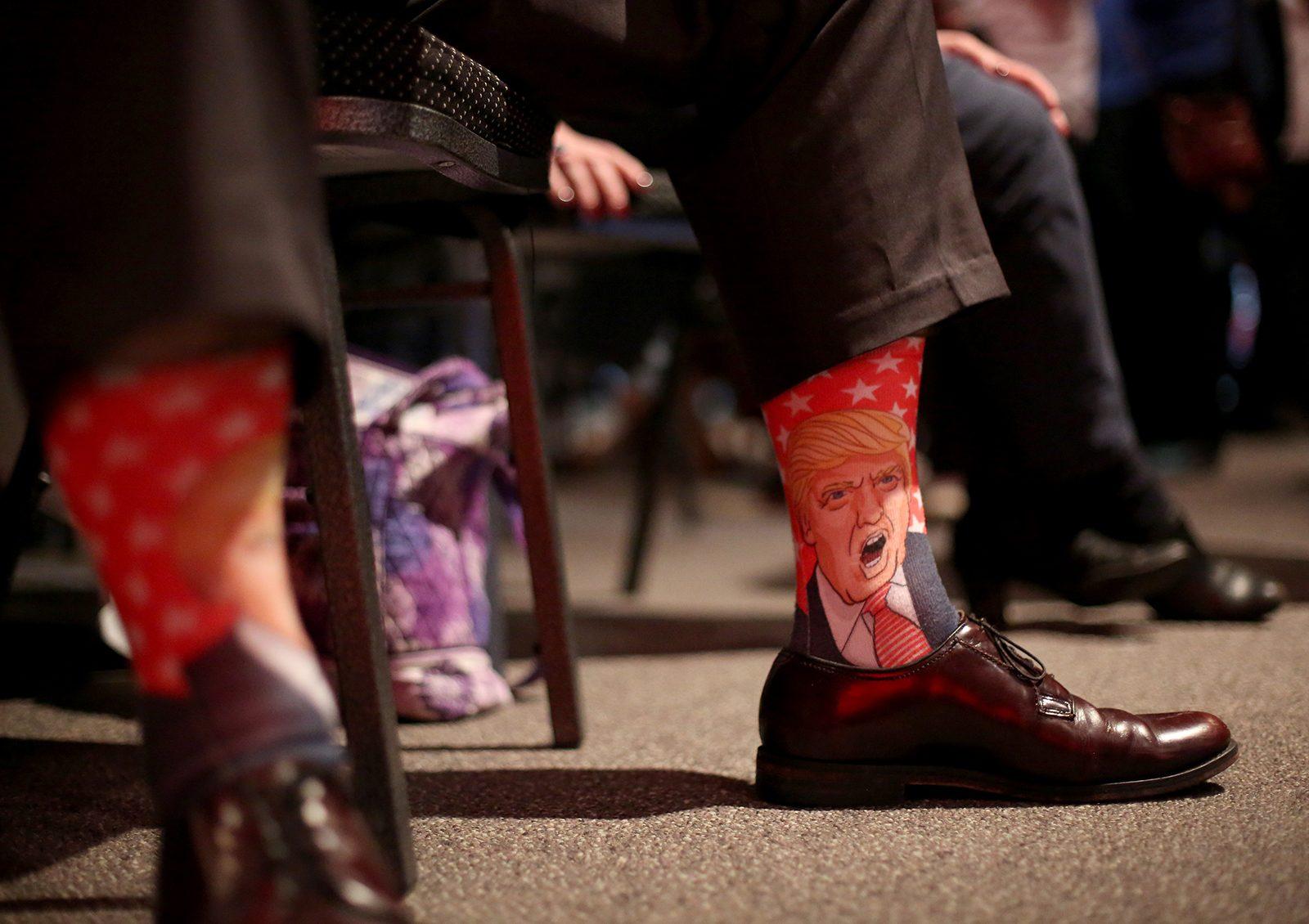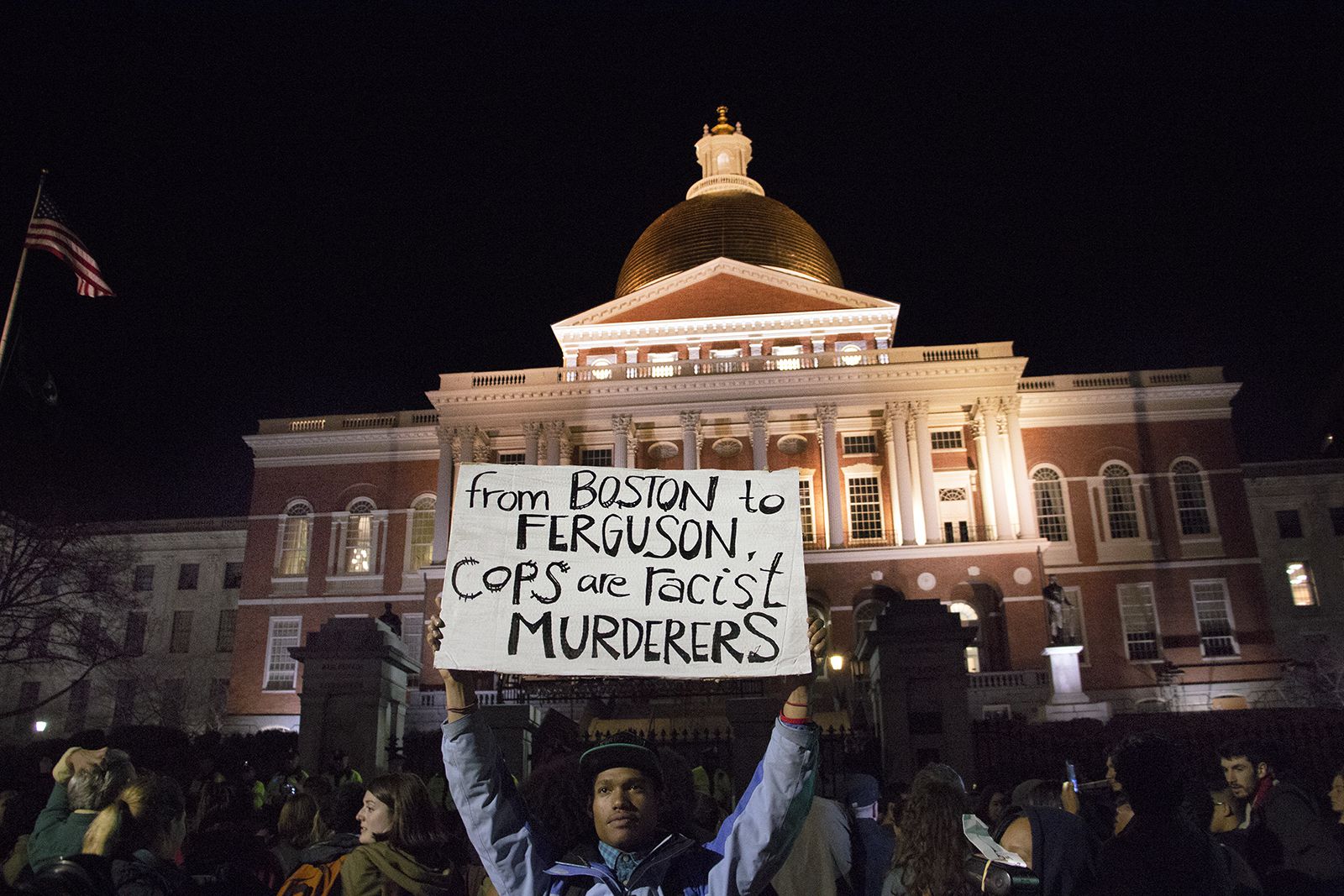The Obama administration jumped into the file-sharing lawsuit against Boston University graduate student Joel Tenenbaum Sunday, defending the copyright laws being used by the Recording Industry Association of America lawyer as constitutional.
The Department of Justice filed a motion for intervention and memorandum that defends the constitutionality of statutory damages, or damages beyond lost profit, on copyrighted works as outlined in the Copyright Act. According to the law, violators can be sued for damages ranging from $750 to $150,000 per infringement. Tenenbaum is being sued for $1 million ‘- just $50,000 shy of the maximum penalty – for allegedly illegally sharing seven songs online.
Tenenbaum’s lawyer, Harvard University law professor Charles Nesson, said although the Department of Justice has intervened, the memorandum, an informal document, provides an argument for the RIAA’s case.
‘The fact that the United States government intervenes in the case means that they are now a party and can have a presence in the argument,’ Nesson said. ‘The other thing they can do is step forward and actually be a voice in the proceedings.’
Nesson said the memorandum has more to do with the rhetorical and public aspect of the case.
‘At some level, it has to do with the public relations side of it,’ he said. ‘The copyright industry has the government on its side.’
When Tenenbaum was first hit with a lawsuit from the RIAA in August 2007, he filed a counterclaim asserting that the statute allowing the RIAA to pursue damages beyond lost profit was unconstitutional.
When a law is tried as unconstitutional in a court case, the government has the option of intervening to defend the constitutionality of that law.
The statute in question is part of a 1999 amendment to the Copyright Act of 1976, which increased the amount that violators can be sued to its current level.
The memorandum filed by the Department of Justice ‘- which has former RIAA lawyers in its second and third highest positions ‘- argues that the statute is constitutional based on previous copyright infringement cases not pertaining to digital file-sharing.
It also explains the increase as necessary ‘because many computer users are either ignorant that copyright laws apply to Internet activity, or they simply believe that they will not be caught or prosecuted for their conduct. Also, many infringers do not consider the current copyright infringement penalties a real threat.’
The memorandum also said the infringement law and punishments still stand even if the violator did not attempt to make a profit.
‘In the context of online media distribution systems, infringement without commercial gain limits a copyright owner’s ability to distribute legal copies of copyrighted work,’ it said. ‘The public in turn suffers from lost jobs and wages, lost tax revenue and higher prices for honest purchasers of copyrighted work.’
The court document was written before Elena Kagan, the former dean of Harvard Law School, was confirmed as Solicitor General March 19. March 23, Kagan began her new role, in which she advocates a legal position for the government in court cases where the constitutionality of a law is questioned.
‘Elena Kagan will be called upon to see if she is really going to stand behind the brief that was written for her before she was confirmed,’ Nesson said. ‘The brief was written before she was elected, so it’s a real question in my mind whether she will stand up and argue it.’
The trial is currently suspended while the issue of allowing the main hearing to be broadcast on the Internet is in the US Court of Appeals for the First Circuit. The appellate trial is set for April 8.

























































































































